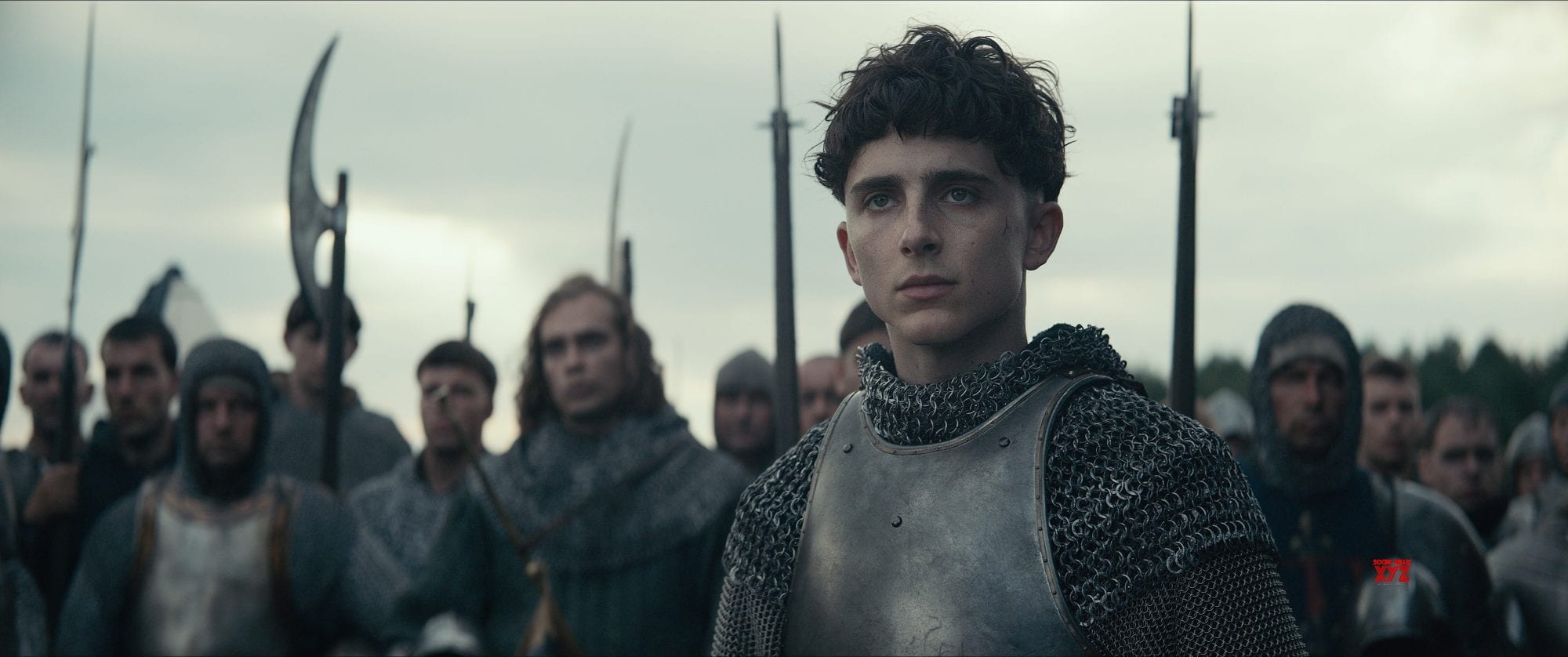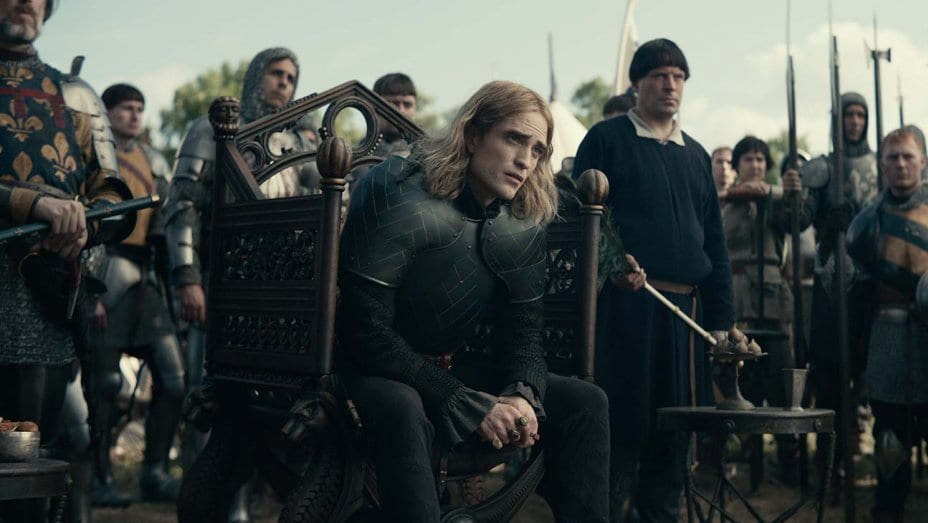History often makes for the best stories, giving us the true tales of human magnificence and maleficence alike. Unfortunately, Director Roland Emmerich and writer Wes Tooke’s Midway fails to capture any of the gravity of the pivotal real events. Aside from literally opening the film with text telling the viewer, “This is important,” the choppy pacing and weak script prevent anything from really being conveyed. Filled with unnecessary scenes and plots, it is a far cry from the fun days of Emmerich’s Stargate and Independence Day. Tooke’s inexperience on the silver screen is unfortunately apparent as well, having previously only written a few episodes of television, which could be pointed to as the culprit of the jarring pacing.
During my screening in a largely empty theater, there was one rather vocal woman and her husband sitting in the row behind me. While initially, I thought it would ruin my experience, I quickly realized she was the perfect bellwether for the average audience, perhaps unaware of the history behind the events. Her constant exclaiming of “what, why, and how?” made it clear to me it wasn’t just I who was taken aback by the direction. Midway plays like a children’s storybook, with loosely connected events with a few words and some pretty pictures.

Midway could be classified as an ensemble movie, although it’s unclear if that was the intent, with an all-star cast portraying all largely real individuals who took part in the battles depicted. The shame of it is that Midway takes real events and makes them feel completely fictionalized. With a group of Hollywood a-listers overacting a sub-par script, combined with the shockingly mediocre special effects, it feels like something from a Call of Duty game ten years ago. That being said, the movie is still somewhat competent, with some actors giving it their best for what they got. Ed Skrein and Patrick Wilson, in particular, are certainly likable delivering fine performances as what I would say are the two main leads. They portray ‘Dick Best’ and ‘Edwin Layton’ respectively, and as trope-filled and clichéd they may be, both are enjoyable enough to watch.
Part of Midway‘s problem lies in the sheer volume of characters, making it hard to become attached to any of them, especially when most of the time you can’t tell who is who. The giant computer-generated battle scenes, while enjoyable in the same way the Fast and Furious is, do not exactly lend themselves to differentiating the characters you’re seeing. Nick Jonas, for example, a recognizable face who received heavy advertising, has less than ten minutes of screen time. A character like that just seems like a waste to me, and he isn’t the only one. Woody Harrelson, Luke Evans, Dennis Quaid, Mandy Moore, Luke Kleintank, Aaron Eckhart, and the whole rest of the cast are relegated to twiddling their thumbs on the sidelines. Instead of focusing on a select few to lead us through a chain of events, you get a bevy of characters with little to nothing to do in various jumbled and disjointed scenarios.
On paper, the script deals with the historicity rather well, not comically depicting the Japanese as cartoonish villains or muddying the harsh realities of World War II. They also took the step to dedicate the movie to all those who served and died in the conflict, no matter the side, which is a rather positive gesture. However, when put on screen, it is rather obtuse, and while I can see the intent, it is entirely lost in translation.
2.5/5 STARS















